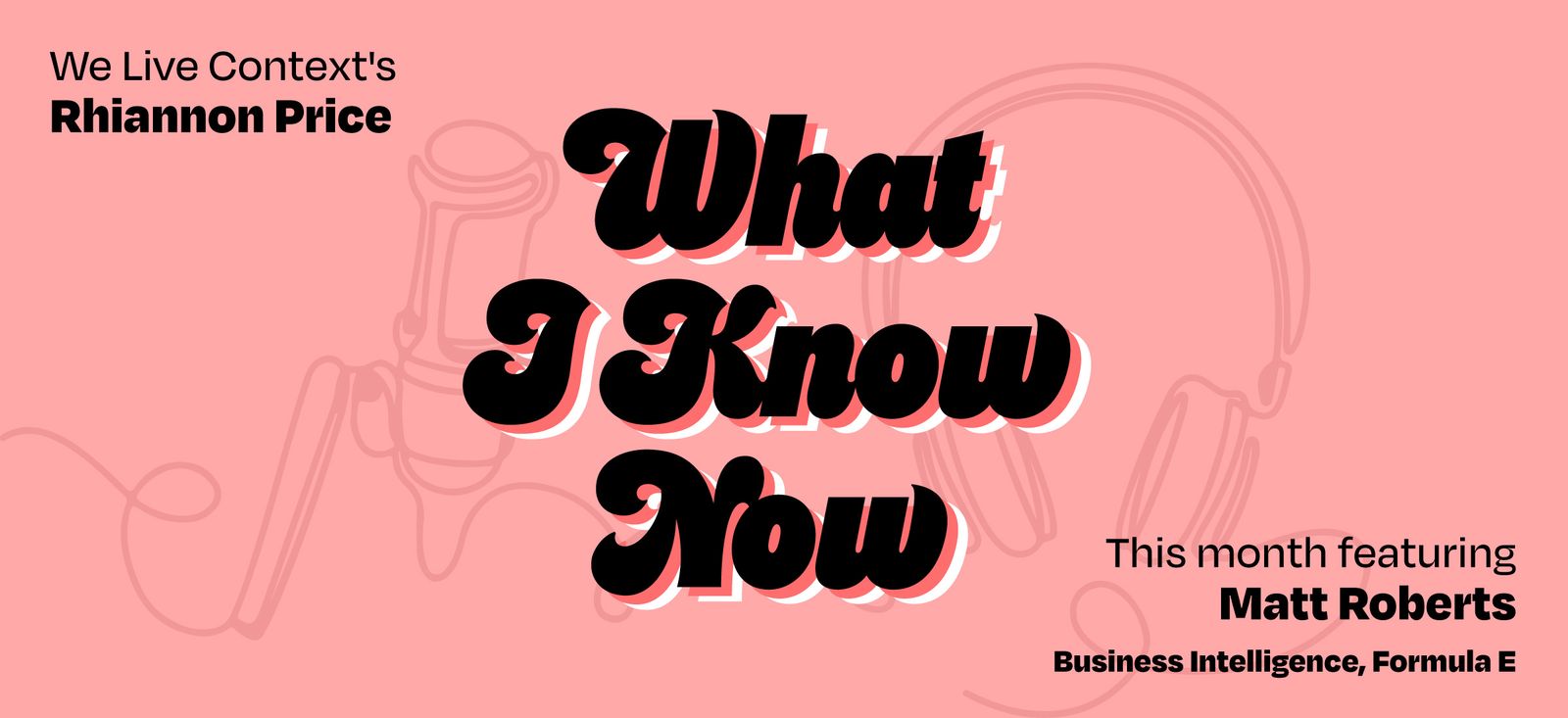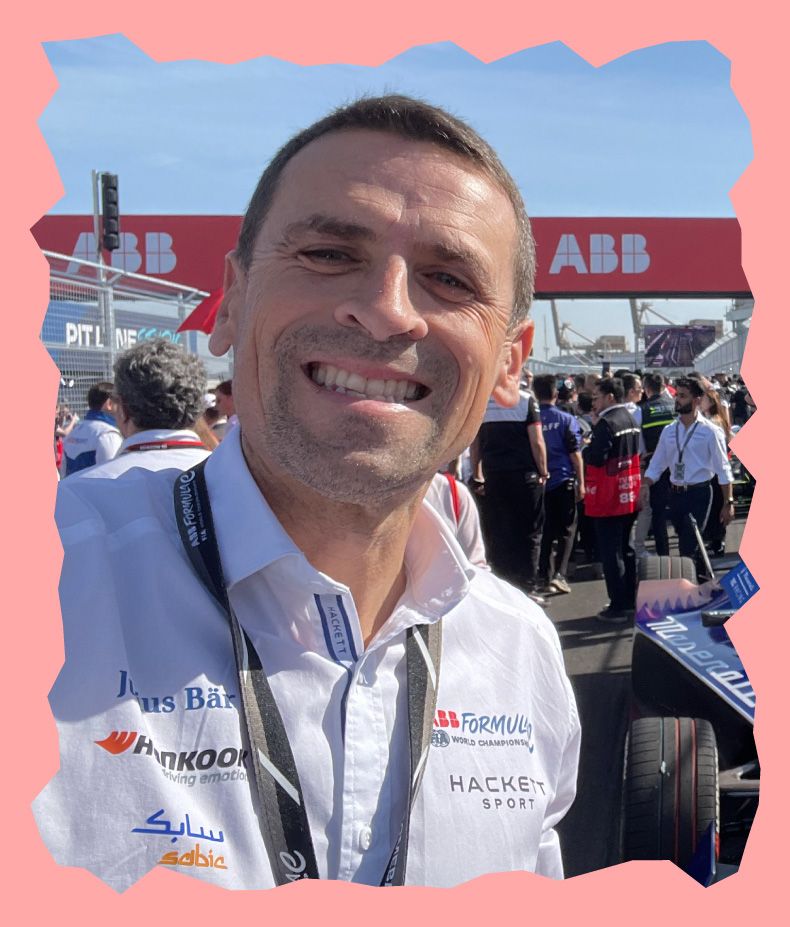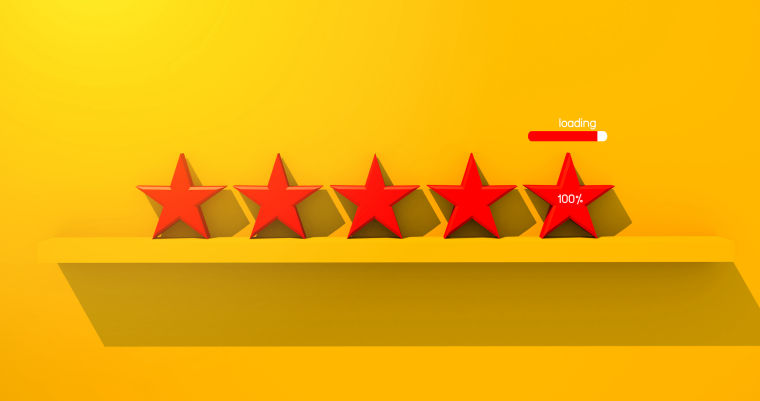What I Know Now... Matt Roberts (Business Intelligence, Formula E)
Each month, We Live Context’s Rhiannon Price asks some familiar faces in the MRX world what they have learned about themselves and the industry on their journey so far.

Each month, We Live Context’s Rhiannon Price asks some familiar faces in the MRX world what they have learned about themselves and the industry on their journey so far.
I’m lucky enough to have interviewed some super interesting people throughout my career. People from all over the world. People from all types of professions. People from many different backgrounds. I’ve spent days in their company taking it all in. I’ve seen them laugh, cry, and get angry about the twists and turns their path has taken them on. Be it a South African entrepreneur in Soweto or a Saudi millionaire, I have learned a lot about how people get to where they are going and their advice for life. But until recently, I have never really turned the lens inward. I have never asked my peers or the people I most admire in market research what their advice for life is. How they got to where they are. How they see things. But when I did, I found it wonderfully inspiring and not only a little bit transformative.
And so, I thought it was about time that we celebrated the wisdom of our MRX crowd and let their stories inspire us. This month I spoke to Matt Roberts, VP of Business Intelligence at Formula E about the importance of loving your job, staying at Jackie Stewart’s home and why runners make the best recruits.

So let’s start with the big one at one…are you where you thought you'd be right now?
So, for someone who plans meticulously, which I do (I get told off because I'll be on holiday and I'll be planning the next holiday!), the one thing I didn't plan was anything to do with my career. I'm not like kids these days who seem to know exactly what they want to do. It's going to sound awful, but I just didn't really care about work enough. At that stage of my life, I just wanted to enjoy life. So I went with the flow, got some decent media jobs, got the experience and then my career direction got better when I was given the chance to work at ESPN where I broke out of just doing advertising research, and into more holistic brand and subscriptions research.
But if I think what I would’ve assumed, then I’d have hoped to be a team leader, and working within sport. So, when F1 came to me, that was obviously a really big break. So, the short answer is I've probably exceeded what I thought I would be, because I didn't really think I'd be anywhere.
What aspect has exceeded your expectations?
Well aside from the actual work, I didn’t think I would spend four years at F1 travelling the world, being on private jets and speedboats around Monaco, staying in all these wonderful Jackie Stewart homes, and doing all these wacky, wonderful things that I've done.
Going back to what you said about not really knowing what you wanted to do, I think when we were starting out it was very common that people ‘fell’ into Market Research - I met someone on a boat in Vietnam who said I’d be good at it, so I thought ‘OK!’. What got you into Market Research?
Honestly, I just applied for every graduate scheme that I could, Consultancy, Research, Marketing, whatever! And I only got one interview and I didn't even know what they did, and I certainly didn’t know anything about research!
Ha ok, so very much a case of falling into MRX then! But what do you think we should be shouting about our industry now to attract younger talent?
I hope people could be a bit inspired by the sort of things I've done. Things that show what interesting experiences and fun can come from what can be deemed (by those not in the know!) a bit of a dry industry. There are some amazing roles out there where you can really tailor your choice to what you want to get out of life. For example, you might get a chance to see the world like I have. We have to educate the next generation that there are some fantastic opportunities out there, working for some of the biggest brands and you can get some of the most amazing experiences.
Also, the fact that you can be involved at the top of a brand like F1 or now Formula E, and be on the leadership team talking about what we do as a sport, being involved in some big decisions for the industry. That's the important thing. It’s not the travel, although that’s great, it’s the fact that I am not just sat in the background. You can be at the forefront, changing things, and that's important to remember.
It's super exciting because you're involved in a very exciting sport, but also there's this huge societal and cultural shift happening around it in terms of electric mobility. And Formula E is at that vanguard. What are some of the challenges of being the voice of the customer, as it does carry some responsibility given we are talking mass adoption of a new form of mobility.
Yes, it's interesting. Sometimes you can work for a brand and they talk about brand values but the people don’t really care. But here at Formula E, particularly the senior leadership team, they are really passionate about an electric future. And when we do work with fans, yes the excitement and unpredictability of the sport is of course the linchpin of interest, but the sustainability side comes through as a real driver of why the younger generation are coming across to us.
It seems you’re not necessarily one for choosing the road well-travelled. You've launched new methodologies. You’ve set up teams. You've found ways of socialising insight differently. For example, you pioneered the BT Sport Fan Forum and F1 Fan Voice. Why is it important to you to do things differently?
If you spend a lot of time with me, you’ll know I get quite restless. I’m not very good at being bored. The minute I get bored I ask myself what am I going to do now?! What’s my next life goal? Am I going to run another marathon? Am I going to go to this country? And I love setting things up. So if you look at the positions I have taken, ESPN was a brand new UK team and a brand new UK business. Sky had never had a dedicated sports team before, so that was a whole new thing. F1 had never had a research team before. And at Formula E, they had a research team, but they all more or less left so I was the first person in and I was able to start from scratch again.
I love the feeling of looking back at where they were, and where we are now – and thinking ‘that's because of me’. When I go to a new role, I always think ‘what can I change?, and I think that's why sometimes I've left jobs because I got it to a level where I felt I didn't really need to be there anymore - the team was managing itself, the work was managing itself.
So, what's the Matt Roberts way of doing it then?
I think that a lot of the time, people are 20:80 in terms of communication of data versus the actual doing the data. They spend so much time building these amazing dashboards and spreadsheets, but they forget about how to showcase this and talk to stakeholders. They can become so insular. I've worked with some really bad communicators who are great researchers. And I've seen quite a lot of people forget we are in a service industry and you're supposed to service customers with a smile. I believe if you can't deal with people or deal with change, that’s a problem. You have to be good at adapting and know when a battle is worth fighting. I also think I’m good at bringing a bit of energy to research and making it something that’s not just looking at spreadsheets, but rather about building relationships.
You’ve won some great awards, including the MRS Best In-house Research Team – which you are shortlisted for again this year - and most recently AURA’s Clientside Team of the Year! All such great achievements. What did it mean to you to win some of these awards and thinking back, does achievement mean something different now?
That first win in 2018 meant a lot. And it was the first entry I had done. I get quite a lot of imposter syndrome and often think someone is going to tap me on the shoulder and go ‘actually, we've made a mistake for the last few years, you shouldn't be here anymore!’ So, I think winning the award helped with my imposter syndrome. But really, my bigger achievements are outside of work, like my running.
Yes, you’ve done A LOT of marathons! What does running mean to you and how does it help you be you and do what you do?
I always wanted to run and I never thought I could because I hated it. And then when I took it up and got good at it, I just wanted to get better. I did my first marathon in 4 hours 20 minutes, then my second was 3 hours 40 minutes. But I didn’t feel like I did myself justice in either of those two marathons. So I trained harder and then suddenly I got to under three hours. 10 years of work hard and you'll finally get there! For the people who know me, they know that was my biggest achievement ever to get under three hours.
I love recruiting runners within my teams because I know they will give it their all. I think it's because they’re resilient and in an insight team, you need to have resilience. You can't just crumble at being busy or spinning plates.
And another thing about runners is that they are often squeezing their run in between being busy with their family and work, so it helps with time prioritization. And if you are a parent as well, I think it definitely helps! Like, I'll show you how to do efficiency! You have to be organized because you can't live a life where you just go with the flow anymore. And with mothers specifically, under pressure, it's like you know what, you've been through a lot worse than this moment. You've got this!
Is there anything you do to quieten self-criticism?
I think it's important to know who your leadership is and build a really good relationship with that person. I’ve always responded well to managers who are very direct. Because if I was doing a bad job or things weren't going right, I would want to know. The time I have had the biggest imposter syndrome was because I didn't know what my manager thought about me or what she would say about me. I knew that she didn't really value me and that's when the Imposter syndrome really kicked in.
Have you had any mentors and what you've learned from them?
I've had people over my career who I've taken a little bit from. For example, my first boss, Rupert was so calm. He never got stressed under pressure. He was my first real manager, so I just thought that was how life should be from the beginning. I had another boss briefly in radio, James Smythe, then we became friends for a number of years. I loved his style which was very much the relationship builder, so I think I've got that from watching him work. He made friends with everyone and built their trust, sadly he passed away a few years ago actually. But then there have been a lot of people on the way that I have thought ‘I don't want to be anything like that’. People who just make others unhappy. So, that influences you too.
Is there a piece of advice that has had a profound impact on you and your career?
Someone said to me years ago, be nice to people on the way up, because you may need them in the future and I think I've done that. And actually they are 100% right, because if you look at my last three jobs, they have all come from previous relationships.
But also, I would advise to lower your standards at the beginning of your career. I worked at the Mirror which I couldn't stand as a publication, and then I went to Eurosport, which I never really watched. It’s all part of a path. You can't just go in saying “I want the dream job as my first job”. It’s about experience. It might be controversial but some of the people doing MBAs, I think it’s better to get experience. F1 will always take the people with experience over an MBA. Experience counts more than qualifications.
And now to end with some quick fire recommendations…
If you listen to just one Podcast? Stephen Bartlett’s ‘Diaries of a CEO’.
If you follow just one person? It would have to be Stephen Barlett again!
If you remember just one thing? Be nice to people on the way up as you don’t know when you may call on someone’s help in the future.


